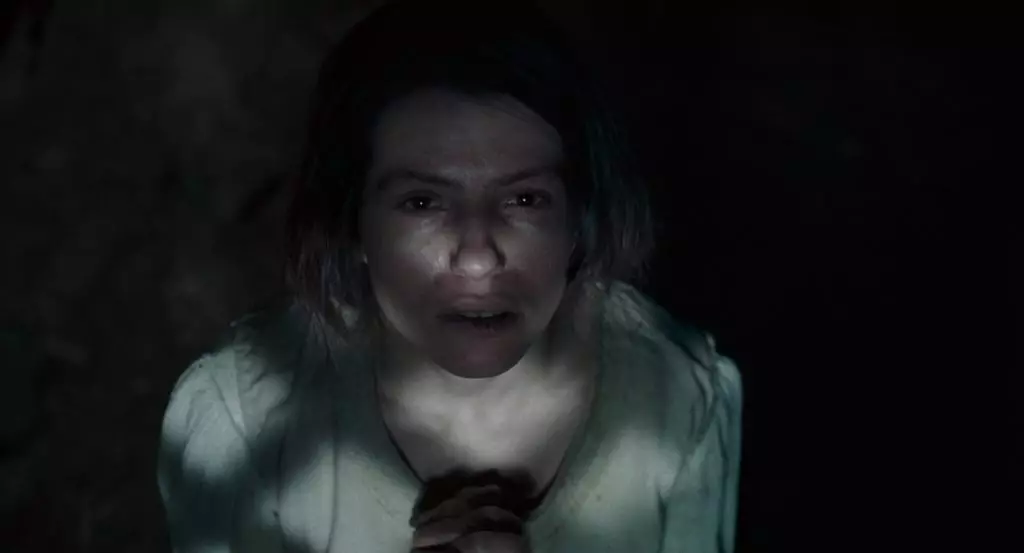The film “The Devil’s Bath” portrays the harsh realities of life in 18th century Austria, where women were expected to fulfill their roles as wives and mothers without question. Agnes, the protagonist, is thrust into a world where her only value lies in her ability to work and bear children. The pressure to conform to these strict societal norms weighs heavily on her, leading to a downward spiral into madness.
As Agnes struggles to adapt to her new life, she is isolated and oppressed by her mother-in-law, who constantly dictates her every move. The claustrophobic atmosphere of the tumbledown farmhouse and the dense forest that surrounds them only serves to exacerbate Agnes’ sense of despair. Her only solace comes from wandering in the woods and praying, activities that are frowned upon by those around her.
In her desperation to fulfill her expected role as a wife and mother, Agnes turns to dark superstitions and rituals in the hopes of conceiving a child. Her increasing madness is fueled by the phantom cries of a baby that only she can hear, driving her further into despair. The film explores the depths of Agnes’ mental and emotional state as she grapples with the impossibility of meeting society’s expectations.
“The Devil’s Bath” is a deeply unsettling film that delves into themes of loneliness, desperation, and the fear of unfulfilled expectations. The directors, Veronika Franz and Severin Fiala, paint a bleak picture of life in 18th century Austria, highlighting the oppressive nature of societal norms and the consequences of resisting them. The audience is confronted with graphic depictions of violence and despair, forcing them to confront the harsh realities faced by Agnes and other women like her.
Anja Plaschg delivers a raw and impactful performance as Agnes, bringing to life the character’s inner turmoil and desperation. Plaschg’s portrayal of Agnes as a woman trapped in a world that offers her no escape is both haunting and heart-wrenching. Through her performance, Plaschg gives a voice to the countless women throughout history who have suffered in silence, seeking release from a life devoid of hope.
“The Devil’s Bath” is a poignant and thought-provoking exploration of the struggles faced by women in 18th century Austria. Through the character of Agnes, the film sheds light on the oppressive nature of societal expectations and the toll it takes on those who dare to resist. Anja Plaschg’s powerful performance elevates the film, making it a stark reminder of the enduring impact of gender roles and societal pressures.

